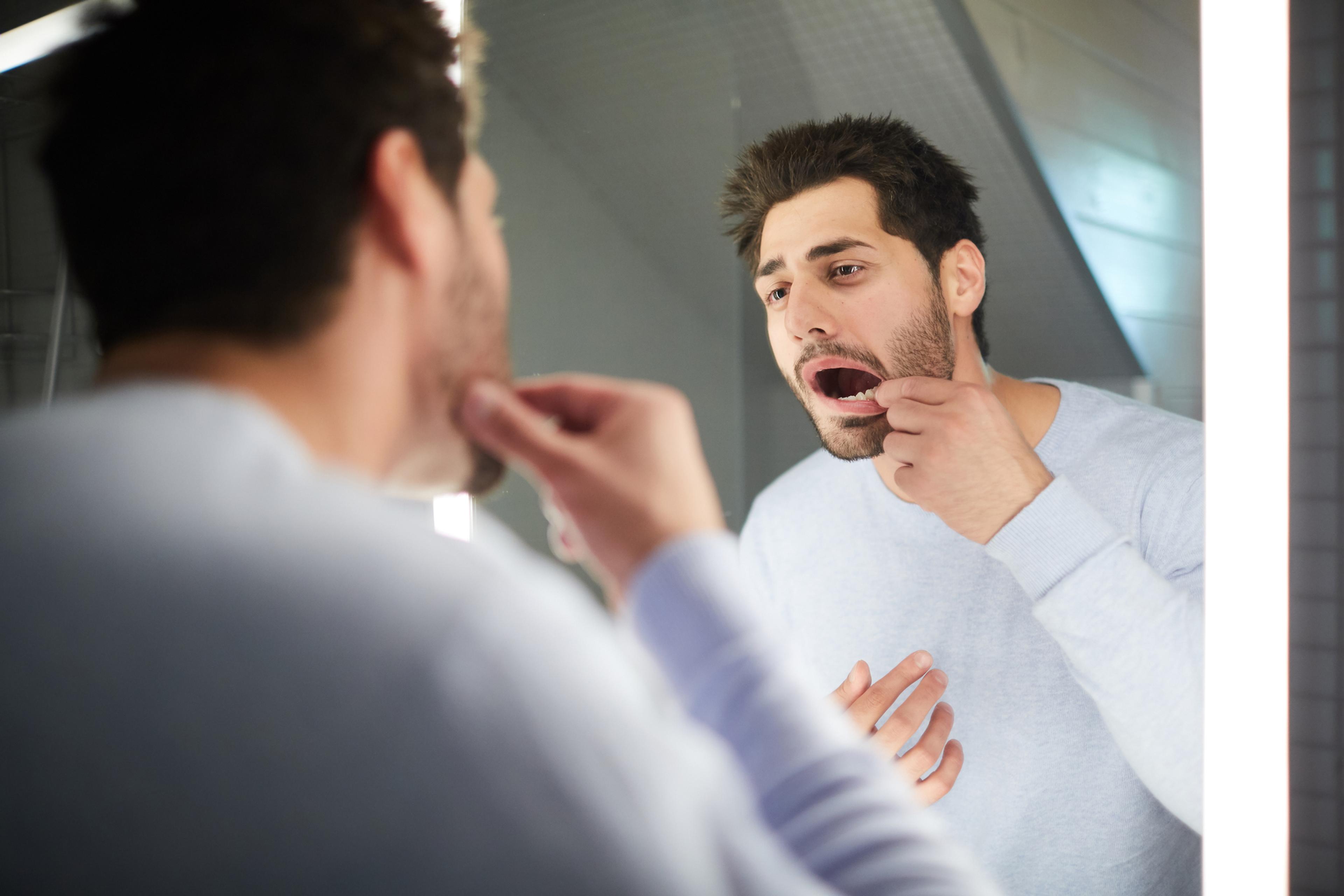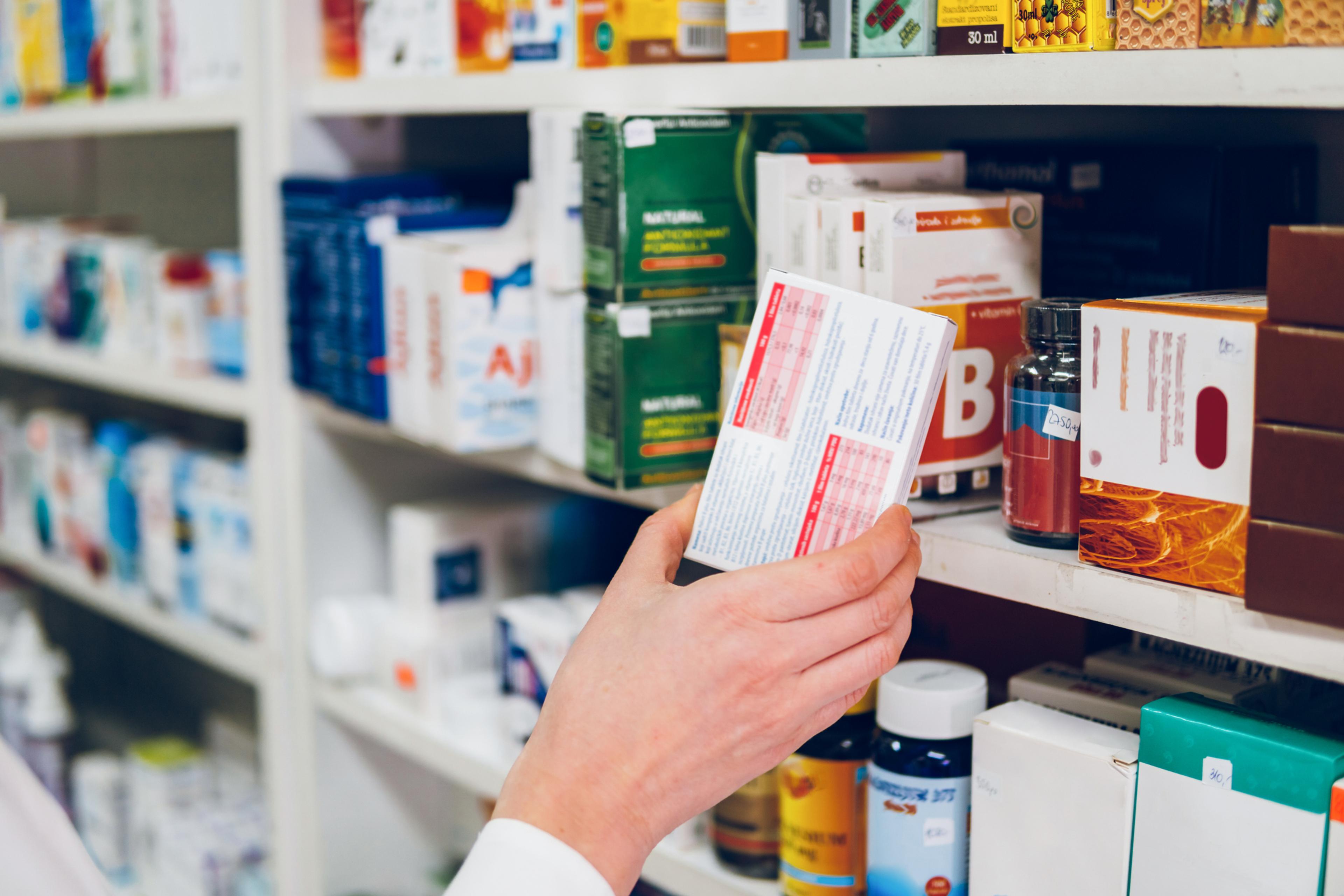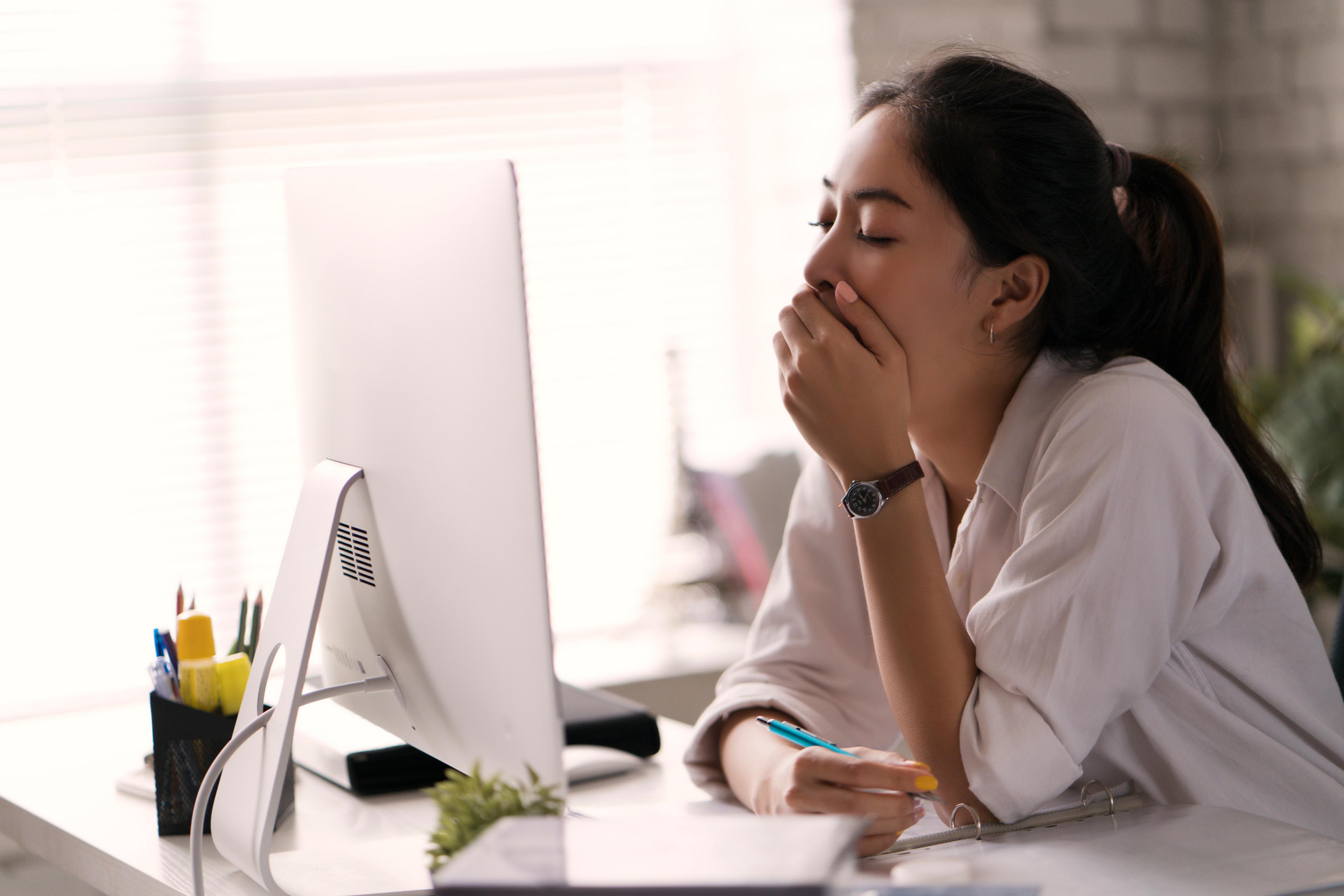Straight from the Dentist’s Mouth: Debunking Viral Dental Trends
Amy Barczy
| 3 min read
Amy Barczy is a former brand journalist who authored...

Social media dominates many parts of our lives – and disinformation can spread just as quickly as a funny video. While some of these trends on social media may seem obviously harmful to an adult, children and teens may have a different interpretation and be more interested in trying them out – especially when it comes to DIY dentistry.
There’s a rash of viral dental trends on social media platforms where users show off home remedies or household products that they use to whiten or fix their teeth. The problem is, many of these videos show processes and products dangerous to your dental health.
Lisa L. Knowles, D.D.S., associate dental consultant at Blue Cross Blue Shield of Michigan, addresses some of the trends circulating on social media.
Filing teeth with a nail file
Attempting to fix chips in a tooth or uneven alignment in your smile with a nail file or other household object is incredibly dangerous. Not only could you damage the enamel on your teeth – you could expose the inner layer of the tooth. This damage is irreversible.
“Dentists do file teeth at times – but they do so with professional, sterile equipment, and with expert knowledge on how to protect the integrity of the tooth in the process. Trying to do this at home could result in permanent, painful damage,” Knowles said.
DIY teeth whitening
Using household products to whiten your teeth sounds easy – but many of the ideas trending on social medial platforms can cause more harm than good. Especially when they venture into the realm of cleaning products, like Magic Erasers, which are not intended for human ingestion as they contain sulfurous acid and formaldehyde.
“Magic Erasers should not be used on your teeth. Even though they feel soft, they’re made of a really abrasive material that could wear down the enamel on your teeth,” Knowles said.
Oil pulling
The trend of swishing oil (like coconut oil, olive oil and sesame oil) through the mouth and teeth has had a resurgence in the past several years, as proponents claim it whitens teeth and improves the health of your teeth and overall physical wellbeing. It’s based on a traditional remedy practiced in India and South Asia – but there’s no reliable scientific evidence it actually works. The American Dental Association does not recommend oil pulling as a dental hygiene practice.
“It would be dangerous to swap out proven dental hygiene methods like brushing your teeth twice a day, using fluoride toothpaste, flossing and quitting tobacco products with a practice that is not scientifically based,” Knowles said.
DIY braces
Yes, many orthodontists use rubber bands – in combination with – braces to help adjust the alignment of your teeth and bite. This doesn’t mean you could do the same thing with rubber bands by yourself at home.
While some people may try to close gaps in their teeth by themselves, it’s not a lasting solution and will likely lead to additional problems.
“Your teeth will shift if you apply force to them – but by trying to do this by yourself at home, you’re going to create other spaces between your teeth. You could also restrict blood flow to the teeth, which puts them in jeopardy of damage,” Knowles said. “Plus, the teeth you’re trying to ‘fix’ will only shift back to their original positions because you don’t have a retainer.”
When in doubt, call your dentist before attempting any dental fixes at home.
Photo credit: Getty Images





